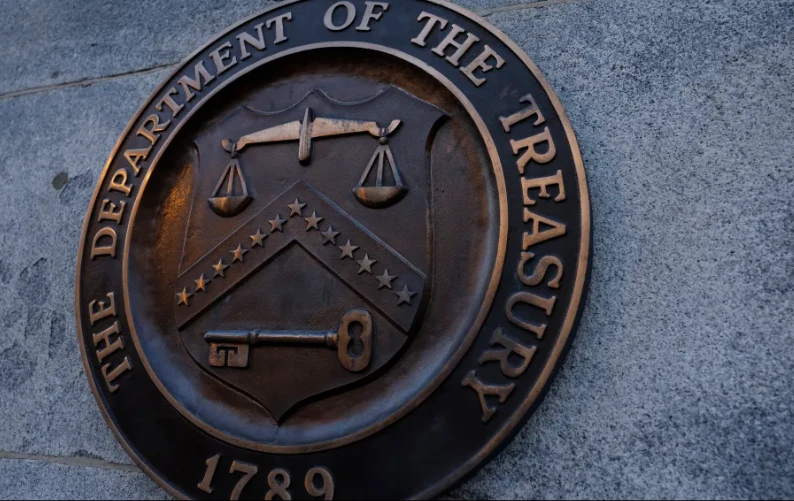The Treasury secretary said the United States would likely hit its debt ceiling of $31.4 trillion on Thursday. If the country does not pay its bills, it will default on its debt. That has never happened in its history.
Treasury Department Secretary Janet Yellen warned last week that the United States would likely hit its public debt ceiling on Thursday.
If Congress does not act, the event could “cause irreparable damage to the US economy, the livelihoods of all Americans, and global financial stability,” Yellen wrote in a letter to the House Speaker. Representatives, the Republican legislator from California Kevin McCarthy, and an unprecedented crisis for the United States and for the economies of the rest of the world.
Today, @SecYellen sent a letter to Congressional leadership regarding the debt limit.
Read it here: https://t.co/dVUBSMFrmL
— Treasury Department (@USTreasury) January 13, 2023
From time to time, the United States faces default on its national debt because, unlike other countries, the government can only issue debt up to a limit set by Congress, which has the power to raise that ceiling as it sees fit.
What is the debt ceiling?
The debt ceiling set by Congress is the amount of money the US Treasury is authorized to borrow to pay its bills. Those obligations include Social Security and Medicare benefits, tax refunds, military salaries and interest payments on the outstanding national debt.
The current cap is about $31.4 billion. Once it is reached, the US cannot increase the amount of its outstanding debt and paying its bills becomes more difficult. Only Congress can authorize an increase in the debt ceiling, and the debt ceiling limit has become a political game in recent decades.
When will the debt ceiling be reached?
The United States will hit its debt limit on Thursday, according to Yellen’s announcement. Once the debt limit is reached, the Treasury Department will begin implementing extraordinary measures to delay default.
The extraordinary measures that the Treasury will implement this month if an increase in public debt is not approved by Congress are to redeem existing investments and suspend new investments from the retirement and disability fund of the Civil Service and the Postal Fund, and also suspend reinvestment of the investment fund in government securities of the savings and retirement plan for federal employees.
The government is unlikely to run out of cash and extraordinary measures before early June, although there is “considerable uncertainty” surrounding that forecast, Yellen wrote. It depends in part on how much 2022 tax revenue the government collects this spring.
Because it is important?
If the government can’t borrow, it won’t have enough money to pay all its bills in full and on time, including interest on the national debt.
Therefore, you would likely have to temporarily delay payments or default on some of your commitments, which could affect Social Security payments, veterans’ benefits, and federal employee wages, among others.
Government functions such as national defense may be affected, for example, if the salaries of active duty military personnel are frozen.
A default would also wreak havoc on the US economy and global financial markets, in addition to raising debt costs.
“A default would send shockwaves through global financial markets and likely cause credit markets around the world to freeze and stock markets tumble,” the Biden Administration’s Council of Economic Advisers has said.
Will Congress raise the debt ceiling?
Congress can temporarily raise or suspend the debt ceiling in the meantime to prevent a debt ceiling crisis, something lawmakers have done many times in the past. But the current political stalemate calls into question his willingness to do so this time.
House Speaker Kevin McCarthy said Sunday on Fox that now is a good time to “look at places where we can change our behavior” because “what we’re going to do is bankrupt this country.” ”.

